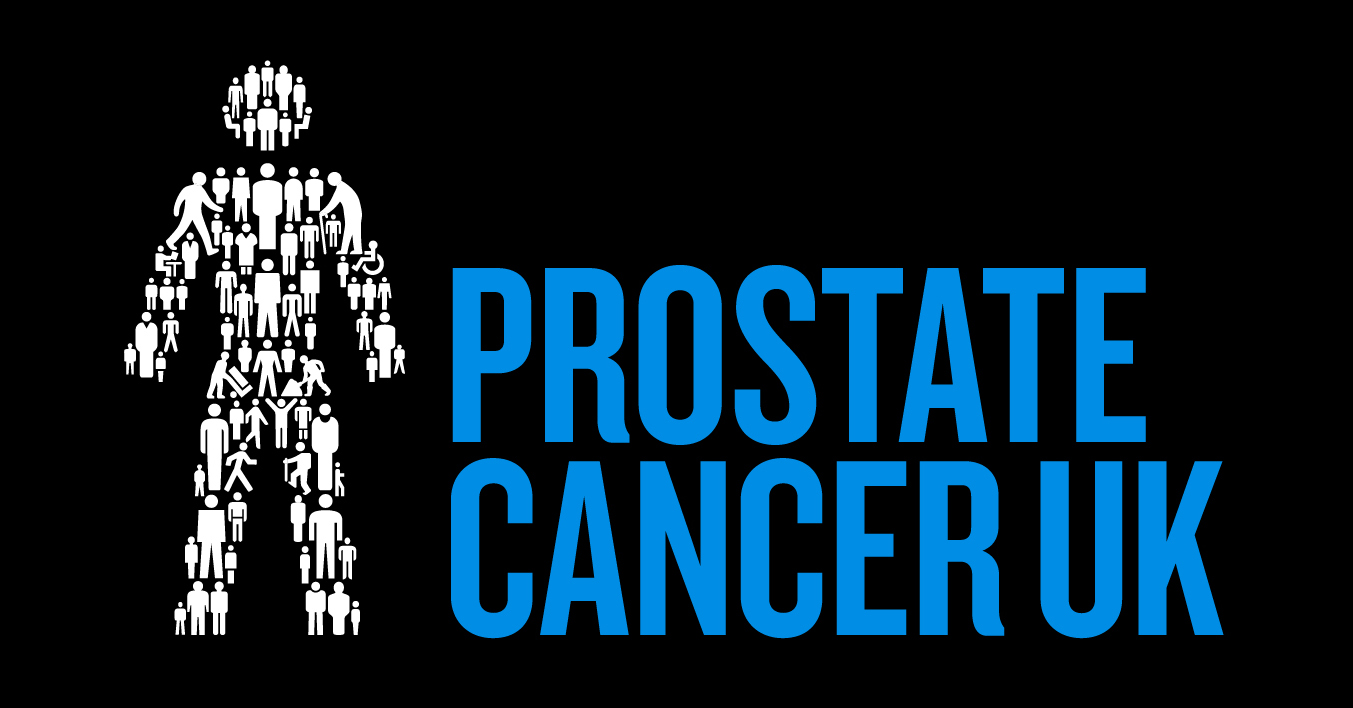Why are solar panels being installed by sports and social clubs?
Solar panels are becoming more and more popular for commercial properties and businesses, including sports and social clubs. They can help offset the energy costs of clubs, and fortunately, they are also relatively easy to insure. In the past decade, Club Insure has experience successfully insuring solar panels for clubs.
It’s important to remember however, that solar panels may have implications to your insurance cover. They may increase the risk of damage to your property, so it’s essential to make sure you have the full facts before proceeding with an installation. We recommend club managers read the below information before installing solar panels, or as a reminder of the risks solar panels can pose and the questions to ask your broker.
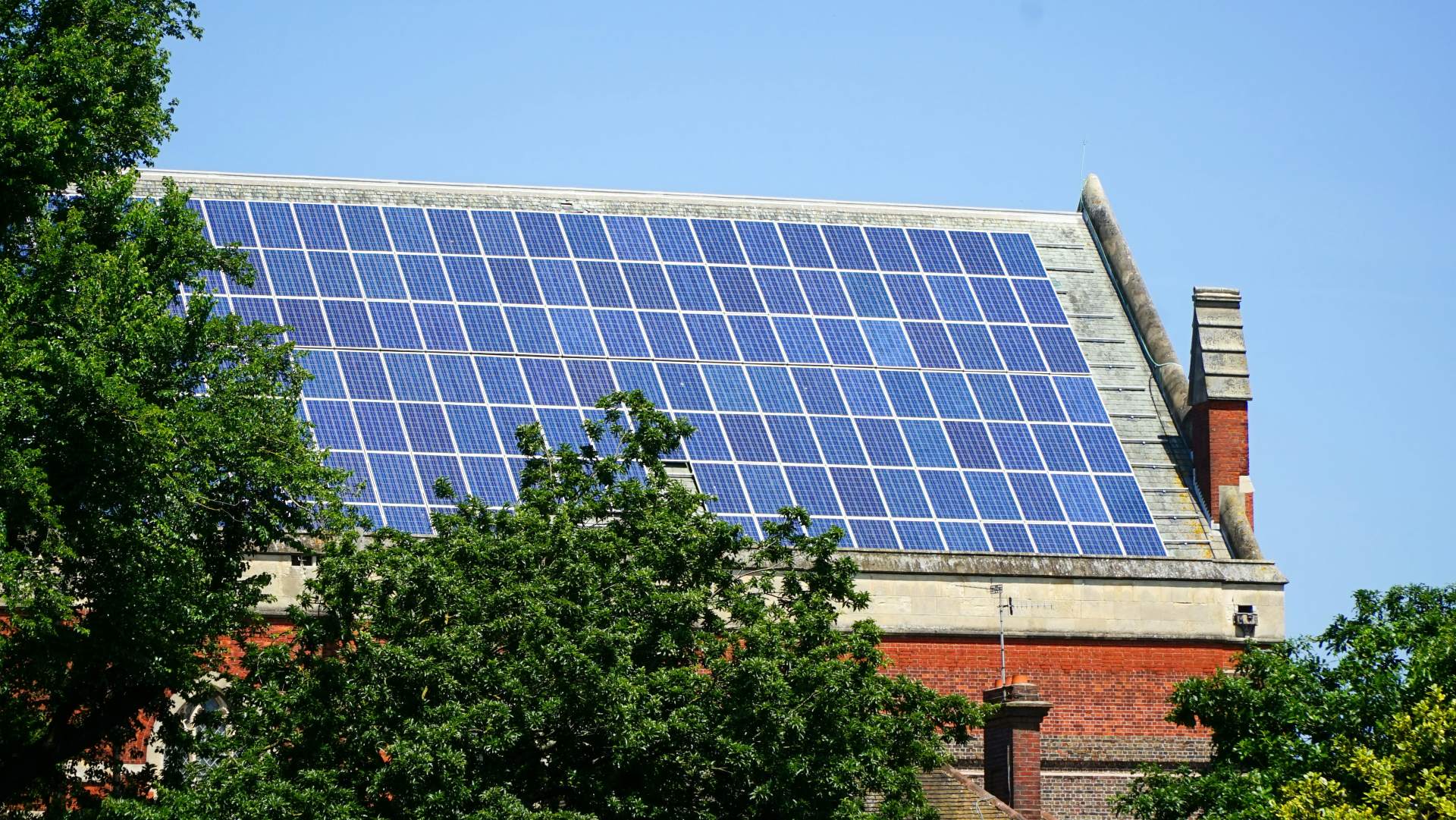
Here’s what sports and social clubs need to consider when installing solar panels:
Secure installation of solar panels
Solar panels, no matter where they are purchased from, must be fitted by a certified professional. The Microgeneration Certification Scheme (MCS) is a UK initiative that certifies solar panel installers and products to ensure they meet quality standards. An MCS certificate is a mark of quality that demonstrates an installer’s competency and compliance with industry standards. It is not legally required but does show the installation was done to a high standard.
At Club Insure, we have seen instances of solar panels fitted wrongly, improperly or poorly. One such example was solar panels fitted on top of PUR sandwich panels. The installation of solar panels must be satisfactory to current standards, and a MCS certification will go a long way to successfully acquiring insurance.
Solar panels without certification may be difficult, or impossible to insure, so it’s essential your panels are installed safely.
Labelling and signage
There needs to be sufficient labelling, indicating that photovoltaic solar panels are on the roof of buildings. The switchboard also needs to be well labelled, as well as power cables and the location of batteries. This is to aid maintenance workers but also emergency services.
Updated risk assessment and emergency response plan
All clubs should have an up-to-date emergency response plan and fire risk assessment. Installing solar panels will require an updated assessment, as well as safe access to the roof and an emergency evacuation area away from the building.
Solar panels are heavy and contain toxic chemicals. A fire in the club building would mean a significant risk posed by the panels, in potentially collapsing the roof and expelling toxic fumes.
Accidental damages of solar panels
Accidental damage is damage which is unintentional and a one-off event. Accidental damage is often included as an extra within insurance policies such as gadget insurance or home insurance. However, for solar panels, accidental damage is typically excluded by insurers.
This means that flying balls from sporting activity that damages solar panels may not be covered. And if a ball does damage a solar panel, the insurer may not payout.
Deep clean requirements of solar panels
Solar panels need to be cleaned every year (- every two years at a minimum). This needs to be done by a professional because of the electrical dangers. A whole manner of things can dirty a solar panel, including leaves, mud, animal muck, feathers, and standing water. A deep clean should improve the effectiveness of the panels as well as the longevity.
If you or a member of staff spot an excessive number of leaves beginning to collect on the panels, do not try to clean it yourself. Contact a professional who won’t expose themselves to the risk of a flash arc. These arcs can exceed temperatures of 3000 degrees.
Electrical risks of solar panels
Solar installations have significant electrical risks, including electric shocks and explosions. Solar panels should only ever be interacted with in any way by a professional.
Before entering any ceiling space or attic room, identify and confirm all sources of power to the solar panels. Be aware, there may be more than one source. This should have been signposted and secured by the installer. When entering ceiling space, all cables must be treated as live and should not be touched.
Cabling which must be pulled inside will need to be contained effectively as to stop rodents damaging the wiring.
Risk of a fall
Solar panels are often installed on the rooftops of high buildings. Do not attempt to maintain or interact with panels on rooftops, as there is a high chance of a fall and a liability claim.
Power storage for solar panels
How the power generated by the solar installations is stored is critical. Batteries needs to be stored properly, this includes:
- Moisture, the room needs to be dry
- Sunlight, the batteries need to be sheltered
- Contained, the batteries need to be in an individual container
- Temperature, the batteries need to be kept at room temperature without significant fluctuations
Batteries should be in a cool, dry, well-ventilated area. They should not be in rooms where unauthorised individuals could easily access, nor be kept outside.
Batteries can cause electrical fire, which are the most potent cause of fires at sports clubs and social clubs. Fires are significant claims which risk the closure of a club.
Theft of solar panels
To prevent theft of solar panels, components or wires, some form of physical protection that prevents panel removal should be considered. This could mean the use of security fasteners or system monitoring tools and alarms. Consider how cameras could help with deterring and catching thieves, and correctly position some cameras to view the roof. You might consider a roof perimeter alarm, that would trigger is someone made it onto the roof of your club.
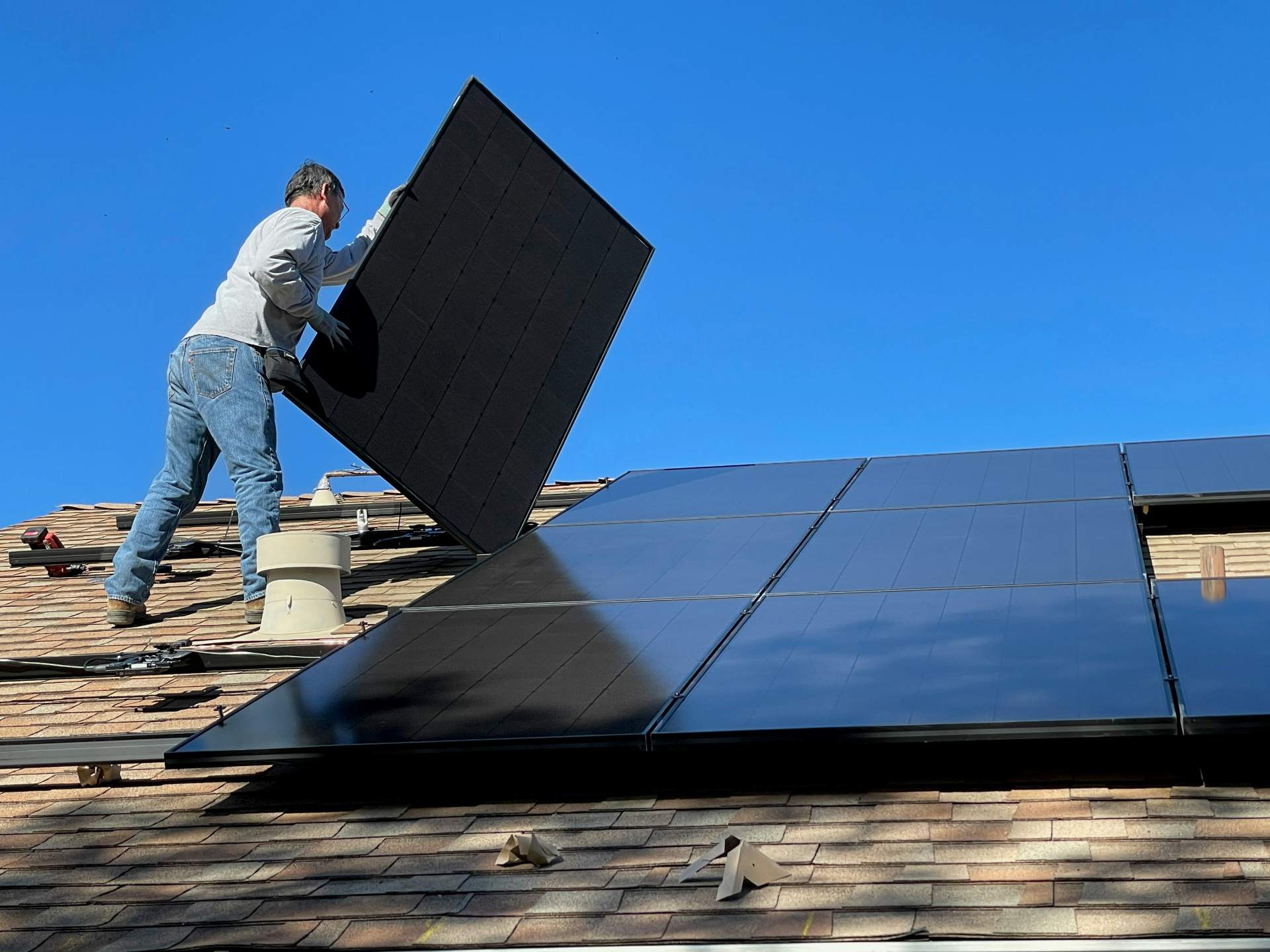
How can solar panel installation affect my insurance?
There are a few key ways in which your insurance could be affected by solar panel installation:
- Your current insurer may no longer be able to insure your club as they cannot provide cover for solar panels, therefore you will have to find insurance elsewhere. The best way to switch insurers is through a dedicated broker.
- Solar panels will increase the valuation of property and therefore need to be accounted for in your Sums Insured.
- Solar panels can affect your liability cover, catering for the instance where a solar panel detaches and damages a neighbours property or causes injury.
- Insurance is able to minimise the risk of faulty installation, ensure you fully communicate all solar panel-related financial transactions to your broker.
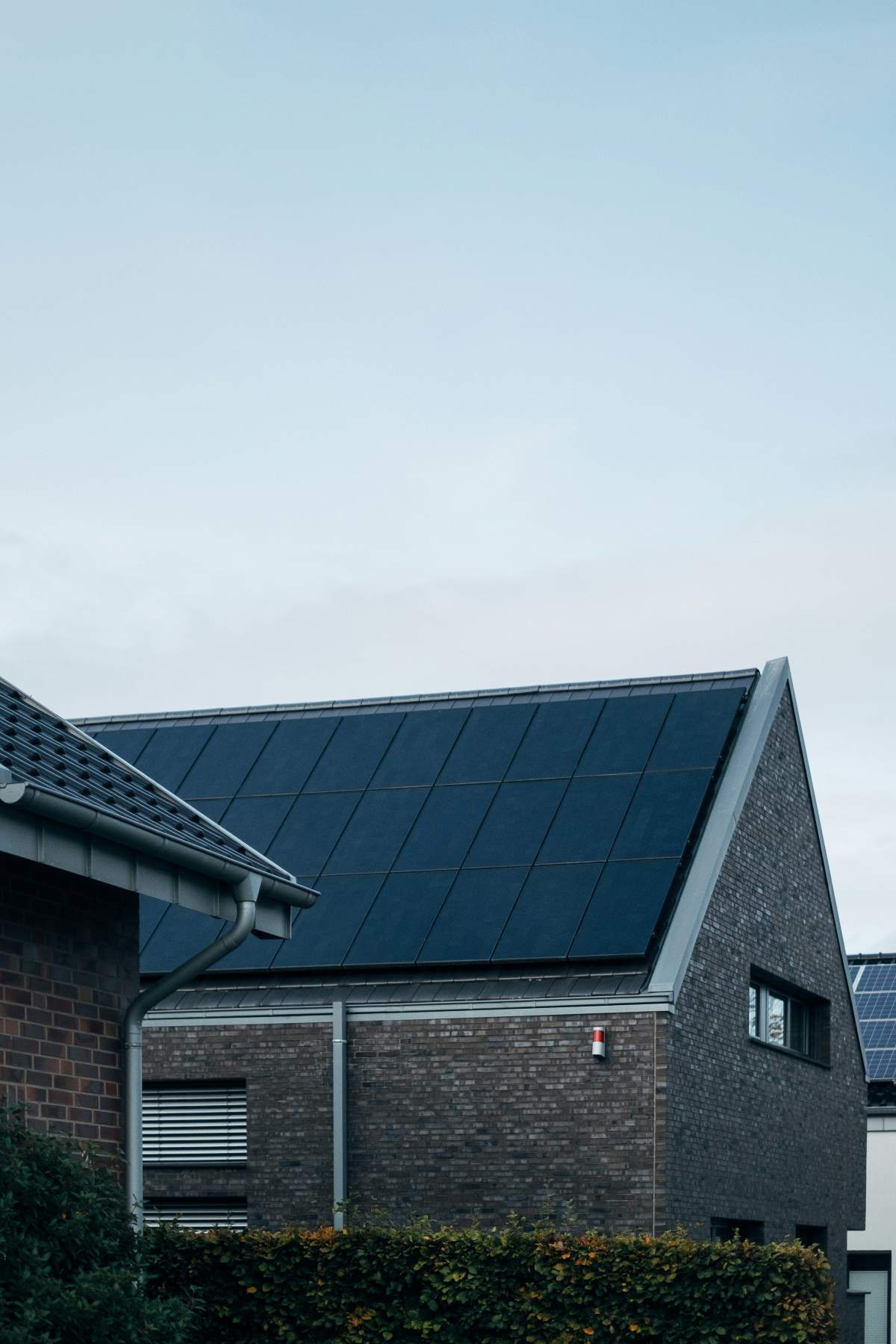
Hopefully the above information will help in your decision making for whether you want to go ahead and install solar panels, and what to look out for during the process.
Solar panels will be detailed in structural surveys and assessments, therefore if your club has had your solar panels for a while, then perhaps consider reviewing their installation and the quality of their battery storage needs before it becomes a large, more expensive issue.
If the installation of your solar panels are not acceptable for the surveyor, then you may be refused cover by the insurer. This could severely hamper a broker’s negotiating power.
To benefit from the service of a dedicated broker, switch to Club Insure. Club Insure offer the best customer service and will keep you up to date on emerging risks. Take a look at our testimonials to see what other clubs say about us.
To get your club and solar panels insured, contact us today.




